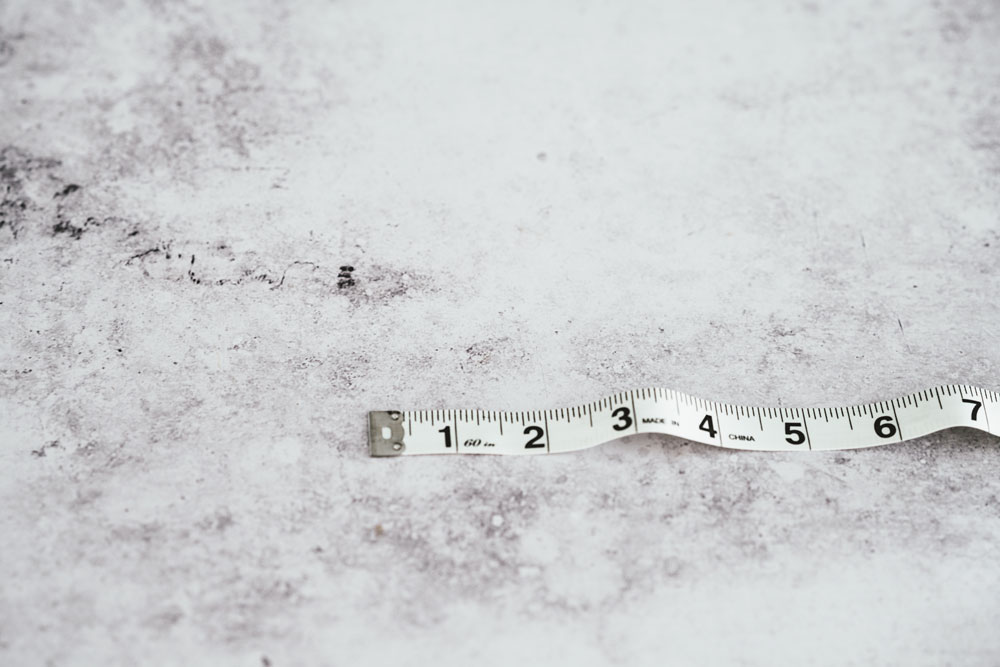The Intersection of Weight Stigma and Eating Disorders
Katy Harvey, RD, CEDRD
It’s nearly impossible to understand eating disorders without talking about the backdrop in which they occur. I’m referring to Weight Stigma and the fat-phobic culture we live in.
Sometimes also referred to as “weight bias,” it is the prejudice and stereotypes that we have against people in larger bodies.
From a young age, we teach children that it is bad to be fat
Now, we [usually] don’t say it to them that bluntly, but there are many ways in which this message is conveyed to children:
Food policing what kids pack in their school lunch
Teaching kids that there are good and bad foods
Weighing kids at school and sending home BMI report cards
Labeling children as overweight
Telling a child they are eating too much
Doctors telling kids they need to lose weight
Teaching kids about the “health risks” of obesity
Villians in kids shows being fat, while the good guys are thin
Adults obsessing about their own weight
Parents dieting (kids notice these things)
There are tons of other examples, but these paint a picture of how widespread this messaging is for our children. These children grow into fat-phobic adults.
Studies have shown that half of girls age 3-6 are scared of being fat. There’s something wrong with this. Something seriously wrong. Why are preschoolers and kindergarteners worrying about such a thing?!
The society of adults that are sending these weight biased messages to kids are weight biased themselves
Consider the stereotypes that exist about fat people (and please know that I say fat people in a completely non-derogatory way, while I am aware that it has negative connotations due to the very issue we are talking about). Tons of studies have demonstrated the following assumptions that are made about fat people:
Lazy
Gross
Disgusting
Unhealthy
Lack of willpower
Low self-esteem
Overeats
Sedentary
Unintelligent
Unattractive
If we are making these assumptions about fat people, of course, nobody wants to be considered fat! What an awful experience to be judged this way, not only by others but by ourselves too. When you think to yourself I feel fat, you are subconsciously also telling yourself that you are these things listed above.
Eating disorders prey on this
Body shame is rooted in what we call “internalized weight bias” - which is when we experience the judgment against ourselves about being or feeling fat. When we are in a state of body shame we feel deeply inadequate and flawed.
And that’s why it’s key that we are talking about weight stigma when we are treating eating disorders, because how is a person supposed to find peace within their body if they can’t see the fear mongering that is all around?
Crossing the intersection
We must recognize that weight stigma, fatphobia and fear mongering are contributing to the negative body image that coincides with eating disorders.
“This intersection of weight stigma and eating disorders is a public health crisis. Yet, all you’ll ever hear about is the “health crisis” of obesity. ”
All people with eating disorders are impacted by weight stigma in our society, and those individuals with eating disorders who are living in larger bodies are impacted the most because they are living in a body that the rest of us are told to fear. They are used as a cautionary tale for the rest of us living in the privilege of thinness.
Resilience
My hope is that talking about this will help build your resilience when it comes to healing your body shame. When you can put it in the context of cultural weight stigma, you can start to see that there is nothing wrong with your body, and that the fear of being fat is something that you were taught and that has been reinforced around every corner.
Katy Harvey, RD is a Certified Eating Disorder Registered Dietitian (CEDRD) from Kansas City. She has an outpatient private practice where she helps individuals heal their relationship with food, exercise and their body. She also blogs at Katy’s Blog.























